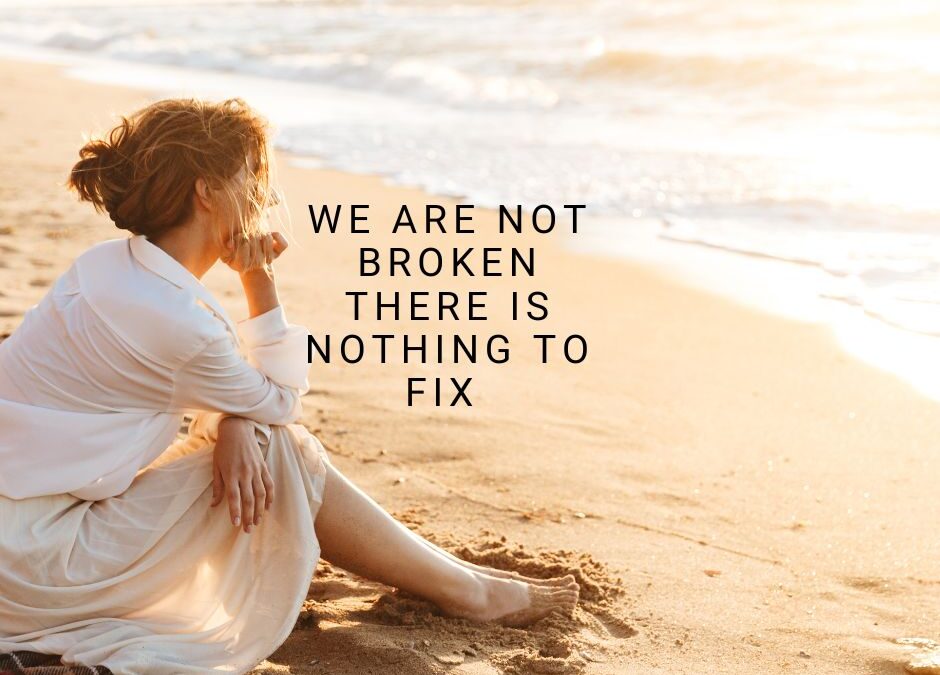1. In the midst of sorrow, it’s easy to be swallowed by the weight of guilt and self-judgment. We often find ourselves questioning, “Did I do enough?” or “Could I have changed the course of events?” These thoughts create an additional burden, making an already challenging path seem insurmountable.
But what if, instead of carrying this heavy load, you dared to release the chains of guilt and self-judgment? What if you allowed yourself the grace to acknowledge that, in moments of profound loss, you did the best you could with the resources available to you? It’s not about finding fault within yourself but rather about embracing self-compassion.
Self-doubt often weaves its way into the intricate threads of your thoughts. The relentless “woulda, coulda, shoulda” echoes like a reminder of the alternate scenarios that your mind conjures in the face of loss. It’s a tumultuous journey, one where the weight of imagined outcomes bears heavily on grieving hearts.
Grief has a way of distorting the perception of reality, and self-judgement emerges giving way to blame. Doubts can also arise, causing a crisis of self-identity as you struggle to make sense of your emotions and the events. these feelings are normal in the grieving journey.
Embracing Self-Compassion
Self-compassion becomes the lifeline. Instead of berating yourself for choices made or actions taken, it’s essential to cultivate an understanding that grief is an unpredictable journey. That the twists and turns are not a reflection of your worth.
Tips for Navigating Self-Doubt:
Judgement Journal: Pour your thoughts onto paper, allowing the ink to capture the complexities of your emotions.
Mindfulness and Grounding Techniques: When self-doubt threatens to engulf you, practice mindfulness. Focus on your breath, on the present moment. Ground yourself in the now, rather than getting lost in the “what ifs.”
Seek Support: Share your thoughts and feelings with a trusted friend, family member, or a grief support group. Expressing your vulnerabilities can be a powerful antidote to self-doubt.
Navigating self-doubt amidst grief is a delicate balance of acknowledging the pain while cultivating self-compassion. The “woulda, coulda, shoulda” thoughts may persist, yet, with a shift, and a compassionate mindset, you can gradually unravel the lies your thoughts tell you. Embrace the quiet whispers of your intuition.
Maria B

